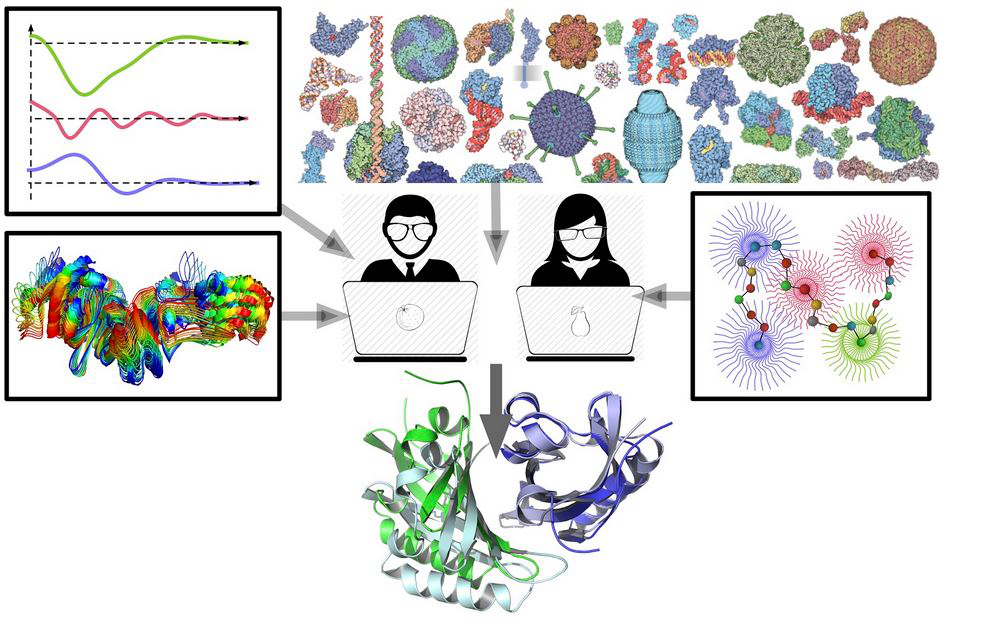Speaker
Description
Over the last two decades, single-particle cryo-electron microscopy has emerged as a technique capable of producing routinely near-atomic resolution structures and render to study challenging systems that otherwise defy structural characterization. Recent technical advances in this field have resulted in breakthrough progress in its applicability to various biological macromolecules, resolution attained and throughput. However, the technique still faces challenges in almost every step of its workflow, more significantly on the image analyses, which is still a time-consuming long process including lots of manual interventions. Single Particle Analyses (SPA) benefits recently from deep-learning algorithms to drive the workflow more automatically and efficiently as well. I will discuss few deep-learning approaches available for SPA in various parts of its workflow.

